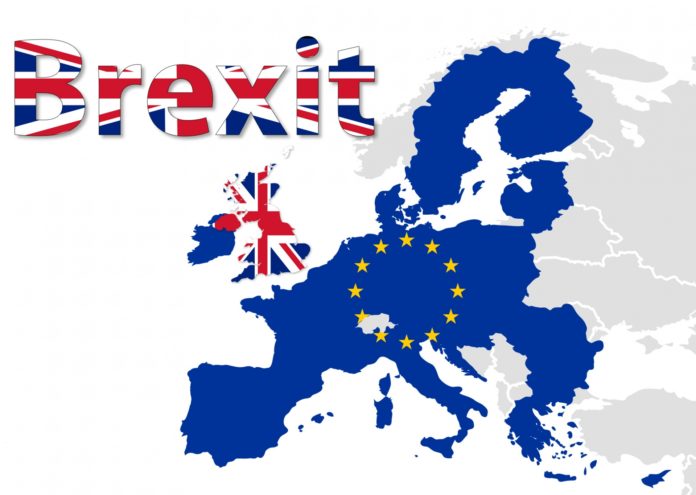Alison Ryan, London Office, Bord Bia –Irish Food Board
Key events this week:
EU leaders have granted the UK a shorted extension to Article 50 until April 12. If Theresa May doesn’t succeed in getting her deal through the Commons next week, the UK will have until April 12 to come up with an alternative plan that will include taking part in EU elections. The plan would have to be put to a European Summit, and if agreed would unlock a much longer extension, possibly until the end of the year. The EU has ruled out any further negotiations on the current deal. Otherwise, the UK will leave the EU without a deal on April 12.
April 12 is a significant date as it is the last day British ministers can issue an order under UK law to take part in European parliamentary elections in late May. The EU did not grant May her request for an extension until June 30, as this would be after the elections. If Britain did not participate in these elections and then asked to extend Article 50 again, or revoked Article 50 altogether before June 30, it would trigger a constitutional crisis for the block. The plan outlined by the EU for the UK’s exit is trying to avoid this eventuality.
Should May manage to get her deal approved next week, the UK will be granted a longer extension until May 22 to give her government time to ratify legislation in order for the UK to leave the EU.
May is expected to bring her deal back to the Commons for a vote next Tuesday or Wednesday if the speaker John Bercow permits it. Critical to May getting her deal through the Commons is whether the DUP agrees to sign up to the new reassurances on the backstop. Brexiteers will welcome the EU’s approach to only offer a shorter extension, and will vote against the deal in the hope that a no deal Brexit will come to fruition. Labour MPs residing over Leave seats who want a softer Brexit, will be under pressure on whether to support the deal or not, as they fear they could be punished by their voters if there is a long extension.
In a speech on Wednesday evening, May blamed MPs for the deadlock in parliament and for the need to request an extension, which she said was “a matter of great personal regret for me.” The speech has resulted in a backlash from MPs and the Prime Minister has been accused of stoking public anger.
Jeremey Corbyn also travelled to Brussels on Thursday for talks with EU leaders, including Brexit negotiator Michel Barnier and the Greek and Spanish Prime Ministers.
The government’s plan was thrown into disarray on Monday when the House Speaker, John Bercow, invoked a longstanding parliamentary precedent to say that May could not bring the Withdrawal deal back to parliament unchanged after it was rejected by 230 votes in January and 149 votes last week. This meant that May was unable to have a third meaningful vote on her Withdrawal deal this week as planned.
Implications for Irish food & drink companies:
Although the UK has been granted a short extension, and the cliff edge of March 29 has been avoided, the risk of a no-deal Brexit is still on the table. Irish companies should continue to prepare for the possibility of a no deal Brexit. Bia’s support programmes for helping companies with contingency planning can be found here.
Following on the decision of EU leaders, the options on the table for the UK government are a choice the Withdrawal deal, no-deal, a long extension or revoking Article 50.
Looking ahead:
• May is expected to put her deal to another vote next Tuesday 25 March or Wednesday, March 26.
• If the deal is passed, Theresa May would have until May 22 to get legislation passed so that the UK can leave the EU. This short extension presents a challenging timetable for passing all the laws needed to leave the EU and also presents opportunities for Brexiteers to prevent or alter the deal.
• If the deal is not passed, Britain’s exit date will be pushed forward to April 12.




